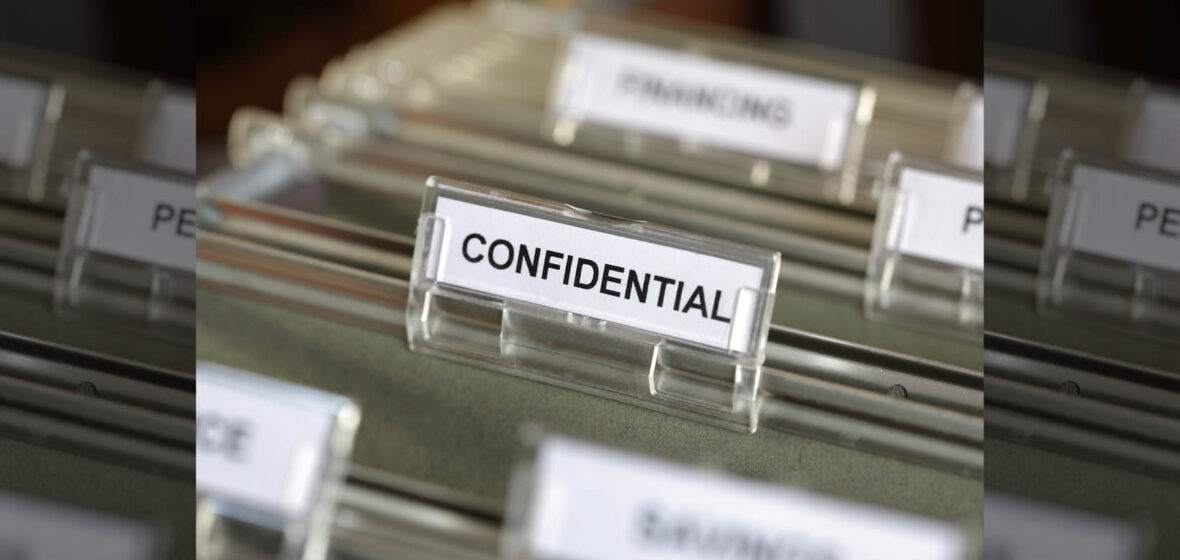Snapshot
- A string of recent cases in the District and Supreme Courts of NSW highlight the importance of legal professional privilege.
- Legal professional privilege protects confidential communications and documents between a lawyer and client from being disclosed or adduced into evidence.
- Legal professional privilege may be lost in certain circumstances and practitioners should be aware of the exceptions.
A string of recent cases in the District and Supreme Courts of NSW highlight the importance of legal professional privilege (‘LPP’). The cases also remind us of the limitations to LPP. Broad claims of LPP will rarely be successful and attention needs to be given to whether the communication was made for the dominant purpose of legal advice. Where documents or communications were made in furtherance of an offence or fraud, LPP will not apply.
This article is not intended to cover the entirety of LPP as it relates to criminal and civil law matters. Rather, this article is intended to provide a useful summary and highlight some common practical considerations to consider when dealing with client legal privilege.
What is legal professional privilege?
Legal professional privilege protects confidential oral advice or communications, and confidential documents made between a lawyer and a client, from being disclosed or adduced into evidence.
The principle of LPP is of great importance. Its basis was explained by Lord Halsbury LC in Bullivant v Attorney-General for Victoria [1901] AC 196, 200-201:




